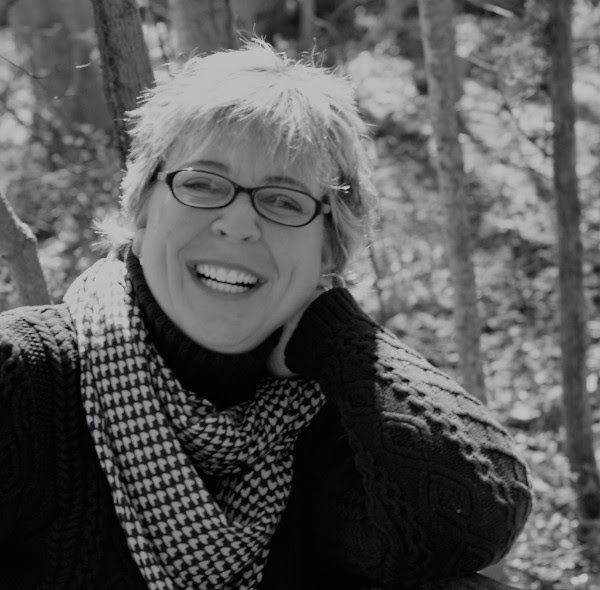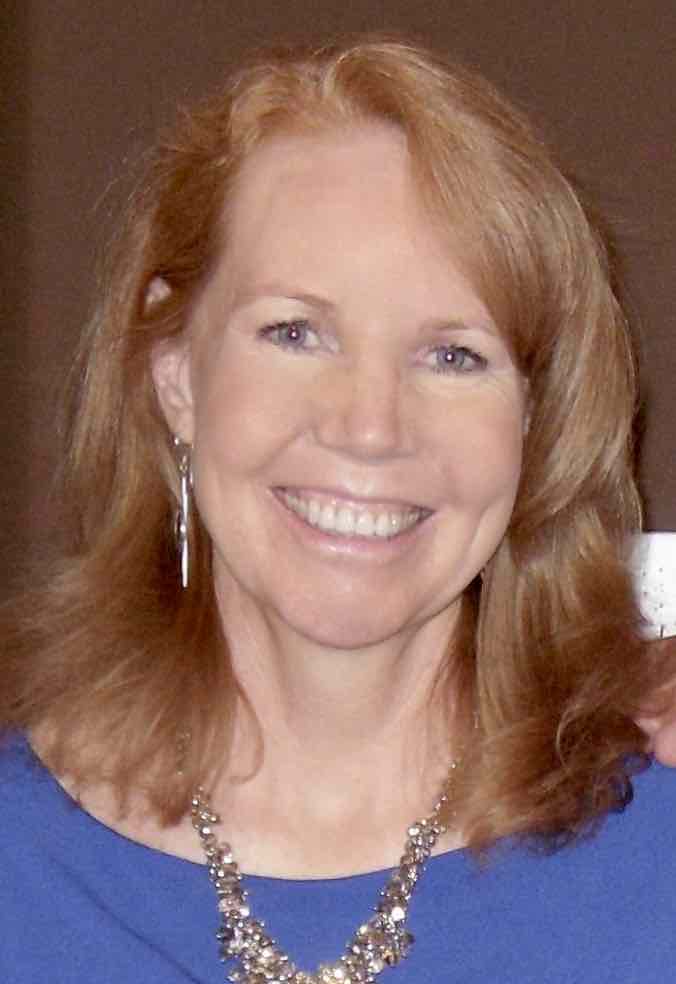Dying Is About The Emotional, Communal Response
Dying isn’t about the disease a person has.
It is about the emotional, communal response to the person dying from the disease.
It doesn’t require medical intervention. It requires comfort care and communal guidance.
Comfort care is meeting the physical needs—nutrition and knowing when it is okay to stop concentrating on food.
Comfort care is comfort management: skin care, positioning, mouth care, physical pain, and emotional pain.
Communal guidance is support and attention to family and significant others involved with a person who can’t be fixed.
Communal guidance is Education about the signs of approaching death, about comfort care, pain or no pain at end of life, and eating or not eating.
Communal guidance is time spent with family and significant others. It isn’t necessarily about the words said after education, but the time spent.
Communal guidance is bereavement support following the death. It is more than a card. It is phone calls and visits.
Dying isn’t about the disease a person has. It is so much more!
Something More about… Dying Is About The Emotional, Communal Response
When a loved one is told that they’re unfixable, we need support. Support from our community and from death and dying experts- a Hospice team. There we will receive education on what to expect during this “gift of time”. In addition to the hospice team, having an end of life doula can be a great asset for our family. I would also encourage you to read the booklets in the End of Life Guideline Series if hospice doesn’t provide them for you.
Originally Published on https://bkbooks.com/blogs/something-to-think-about

























